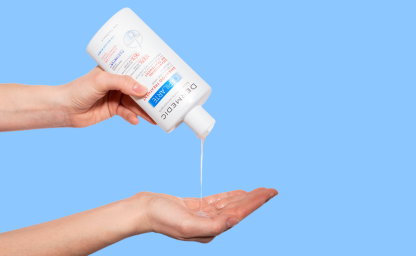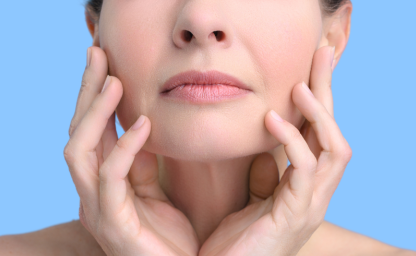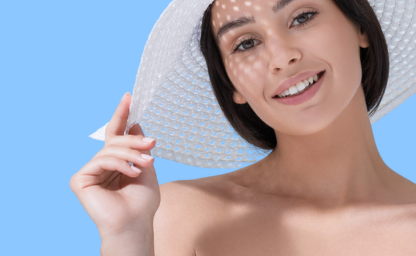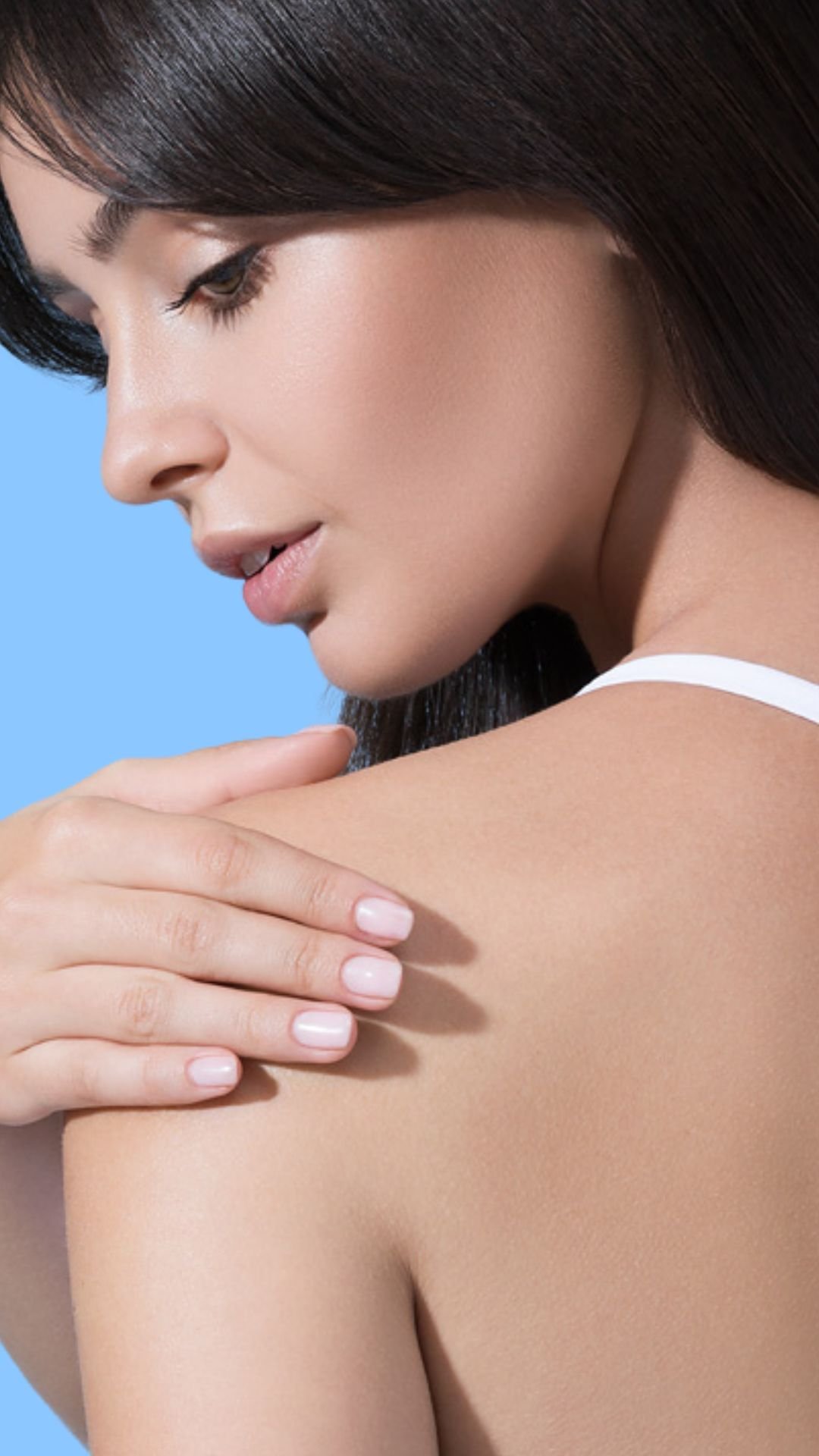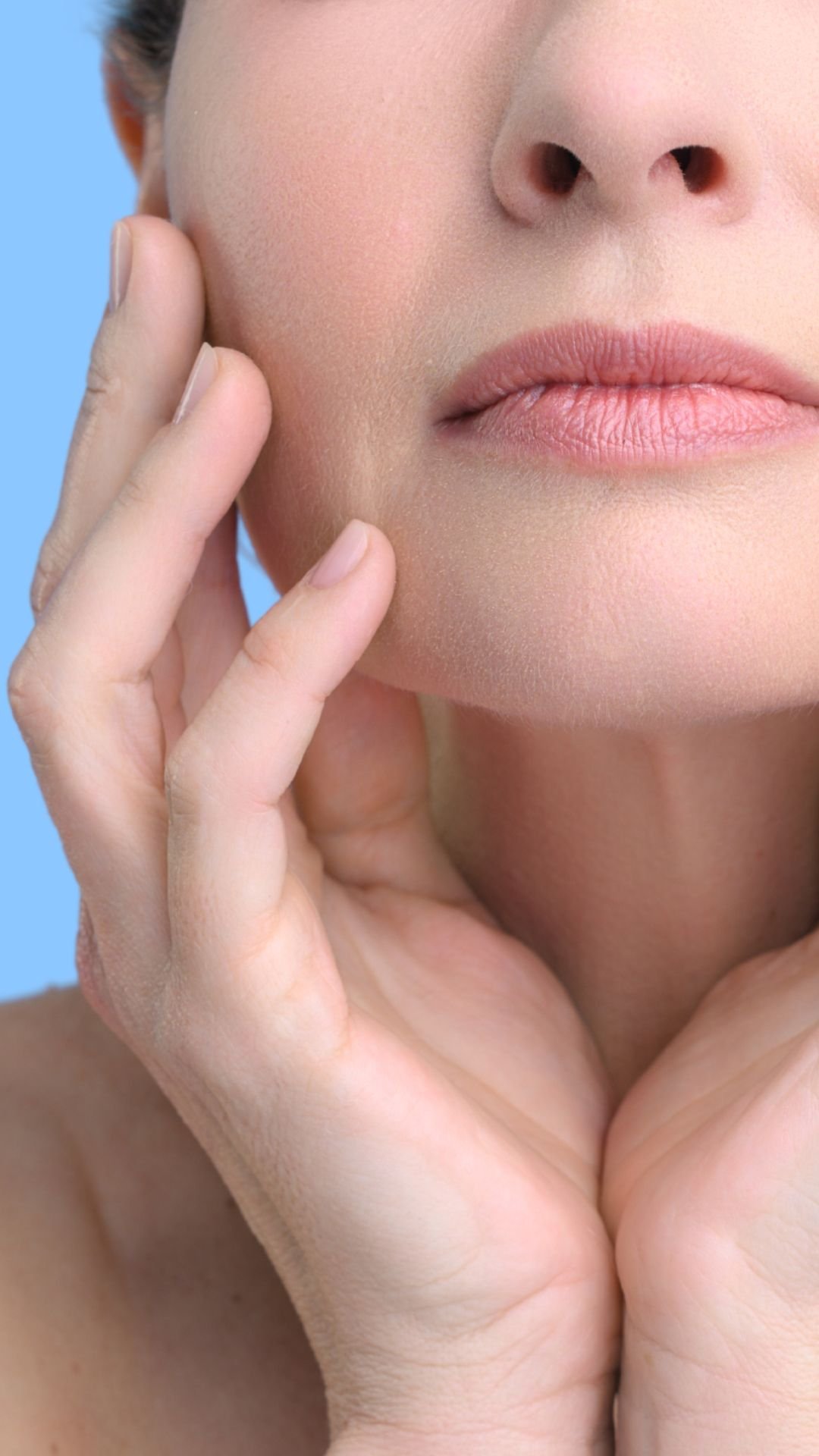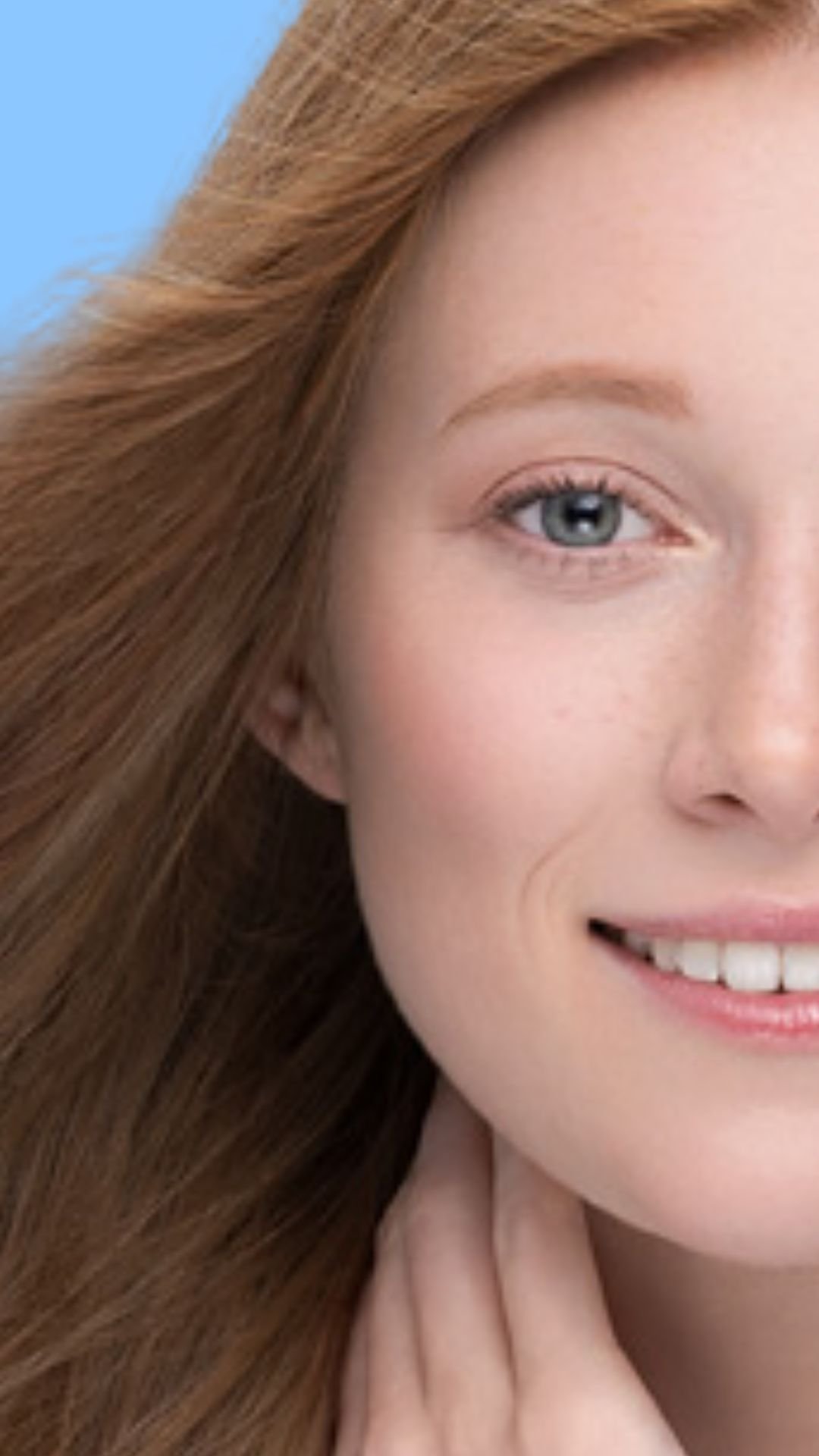FACTS AND MYTHS ABOUT ACNE
The skin lesions that accompany acne are very diverse. It begins with the formation of microcomedones, often invisible to the naked eye. At subsequent stages, they may transform into open or closed comedones, which are non-inflammatory lesions. More serious lesions, such as pustules or papules, are accompanied by inflammation characterised by soreness and redness.
Each form of acne requires an appropriate approach. Dermatological treatment, regardless of its course, needs to be complemented by a daily skincare routine. Dermocosmetic products not only facilitate the treatment of acne, but also help alleviate its side effects. They contain moisturising ingredients that promote better absorption of the components found in the medications prescribed by the dermatologist.
Due to the prevalence of this condition, it is surrounded by numerous myths that can lead to incorrect management and, consequently, to the exacerbation of lesions or emergence of complications.
.png?width=800&height=500&name=blog%20800x500%20(14).png)
.png?width=500&height=500&name=blog%20mniejsze%20500x500%20(11).png)
Here are some of the most common, misleading opinions about acne:
1. Acne is caused by poor hygiene
If only it were that simple... No one has yet managed to cure acne with face washing alone. Acne is a complex condition with multiple causes and exacerbating factors. Many people believe that acne lesions appear on the skin if it is not cleansed properly. In fact, those who suffer from acne tend to take personal hygiene to the extreme and cleanse their skin excessively. This leads to the destruction of the hydrolipidic barrier and leaves the skin feeling dry and even irritated. Excessive use of various types of washcloths, brushes or coarse scrubs causes mechanical damage to the epidermal barrier, thus stimulating inflammatory processes. It also disrupts the microbiome found on the surface of the skin, which plays an important role in maintaining its health.
Instead of frequently washing acne-prone skin with aggressive cleansers and washcloths, apply the products with your hands and choose those which do not dry out the skin, but soothe inflammation and deliver hydration, as well as effectively removing impurities and excess sebum.
2. Acne is an infectious disease
Although one of the main causes of acne is excess bacterial activity, you cannot simply catch it. However, if you already have some lesions, they can spread. Therefore, it is important to make sure that the products you apply to your skin contain ingredients that inhibit bacterial communication, growth and biofilm formation. Biofilm serves as a specific barrier against therapeutic ingredients that allows microorganisms to multiply intensively. It is an important factor in the development of skin lesions.
3. Acne will go away on its own after puberty
It is true that acne is the most common during adolescence. This is related to the increased production of sex hormones, which stimulate the sebaceous glands to produce sebum. Once puberty is over, the skin’s condition usually improves, but before this happens, untreated inflammatory lesions that have not been taken care of can lead to acne scarring and hyperpigmentation. Those complications are difficult, and sometimes impossible, to treat. It is better to take care of your skin while acne is still present than to end up with permanent marks.
Another aspect is adult acne, which occurs after the age of 25. It affects those who have previously struggled with this condition, but also those who went through their puberty without any significant lesions. If you suffer from adult acne, your skincare routine needs to be twofold. On the one hand, you should try to alleviate inflammation and limit bacterial growth. On the other hand, you have to meet the needs of your skin as it begins to show the first signs of ageing. During this time, dryness and the first dynamic wrinkles are the most common. The risk of hyperpigmentation also increases. Recommended products include non-comedogenic formulas with antioxidants, vitamins and moisturising ingredients. It is also crucial to use sunscreen in order to avoid post-inflammatory hyperpigmentation.
4. Oily and acne-prone skin does not require hydration
Sebum is an important substance that protects the skin from drying out. This is one of the natural moisturising mechanisms. Others include epidermal lipids and the natural moisturising factor (NMF), which is a mixture of water-binding substances. Using products that dry out the skin, as well as certain acne medications promotes dehydration, which is detrimental to the skin’s condition. Furthermore, topical preparations produce better results if they are applied to well-moisturised skin. This is why the oily and acne-prone skincare routine should always include moisturising products. The important thing is, however, to choose the right ones. Avoid comedogenic, heavy, oil-based formulas in favour of lightweight cream-gel products that do not weigh down the skin. For nighttime regeneration, choose creams that contain oils rich in unsaturated essential fatty acids, which promote healthy skin function.
5. Sunbathing is good for acne
Remember – sunbathing has no beneficial effect on any skin type! It leads to premature ageing and hyperpigmentation, as well as being a major contributor to cancer. In the case of acne-prone skin, it can temporarily improve its appearance, as a tan evens out the skin tone and reduces the visibility of pustules and papules. Sun-induced dryness inhibits sebum secretion and further development of the lesions for a while. However, this improvement is just an illusion. In order to compensate for the lack of hydration, the skin starts to produce excess sebum, which eventually triggers a cascade of changes and makes its condition even worse.
.png?width=800&height=500&name=blog%20800x500%20(17).png)
.png?width=500&height=500&name=blog%20mniejsze%20500x500%20(13).png)
The dermocosmetic products recommended for acne-prone skin contain carefully formulated blends of active ingredients. The balance between antibacterial properties, hydration and protection will ensure a comprehensive improvement of the skin’s condition and prevent the formation of new lesions.
DERMEDIC Normacne is a wide range of products that will provide your skin with adequate care at every stage. Our SLS- and SLES-free cleansing gel gently, but effectively washes the skin and prepares it for the application of active ingredients. A rich variety of creams allows you to choose an optimal product, depending on the predominant skin issue. Our patented complexes have multidirectional effects, in line with the latest expert guidelines:
Veprolanum DH® – inhibits bacterial communication, their proliferation and biofilm formation.
OxyniacideTM – has antioxidant properties.
NiacestreTM – combines the effectiveness of niacinamide with fatty acid esters to soothe inflammatory lesions.
Our serum and spot treatment reduce the appearance of lesions in mere hours. They are a wonderful addition to a basic skincare routine. It is also important to remember to protect your skin against solar radiation.

.png?width=1440&height=437&name=blog%20zdj%C4%99cie%20g%C5%82%C3%B3wne%20%20(3).png)
